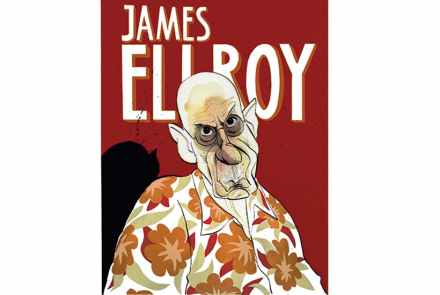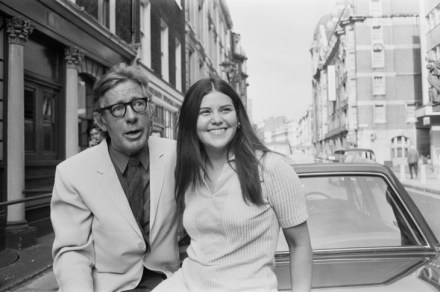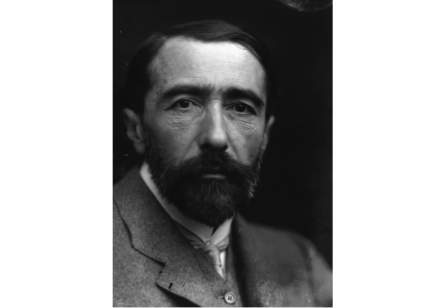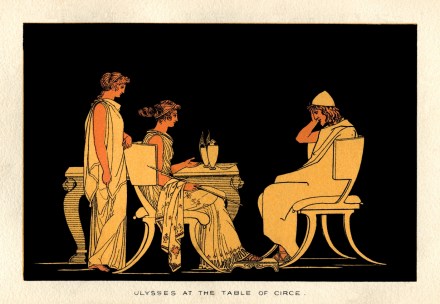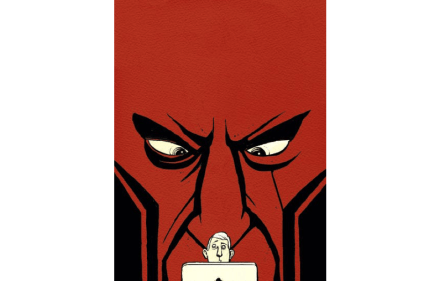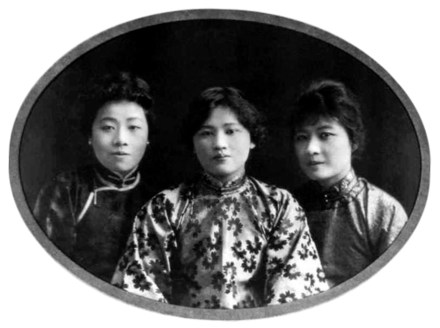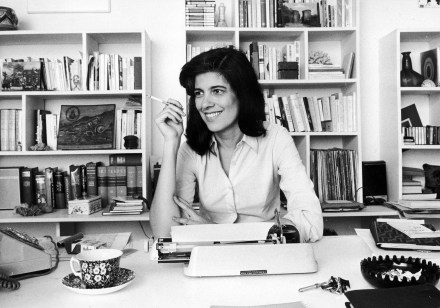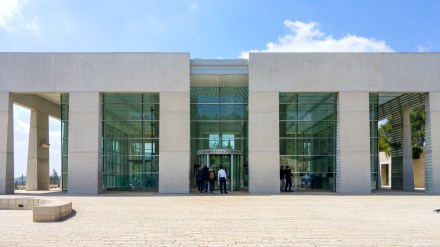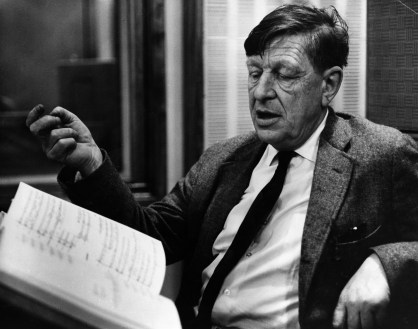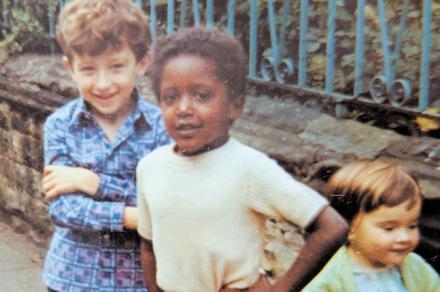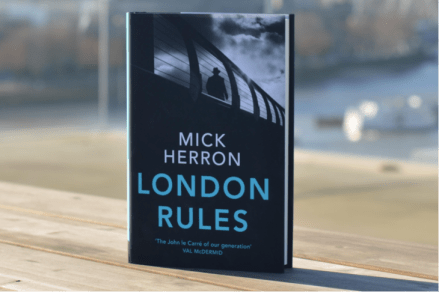The Book Club podcast: what do T.S. Eliot’s letters reveal?
In this week’s Book Club podcast, we’re talking about the life and loves of the greatest poet of the twentieth century. Professor John Haffenden joins me to discuss the impact of the opening of an archive of more than 1,000 of Eliot’s letters to Emily Hale — his Harvard sweetheart and the woman who for fifteen years he believed to have been the love of his life. Was he really in love with her or, as he later claimed, simply imagining it? What does he mean when he says that marriage to Emily would have killed him as a poet? And what light does it shed on his poetry? John



